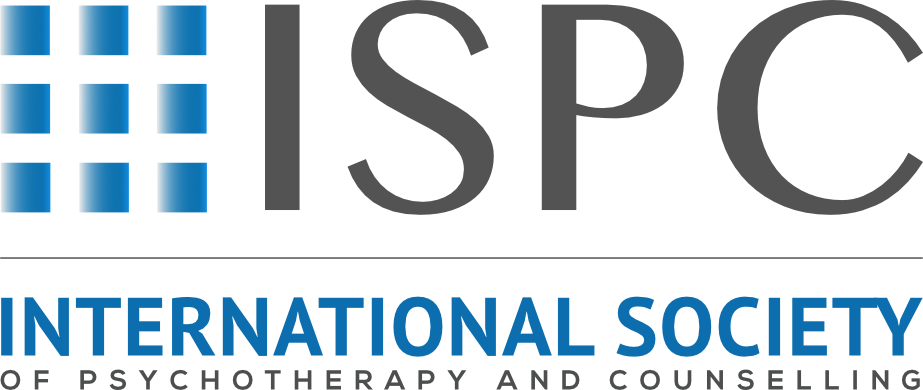ISPC Membership Policy
Last updated: [8/11/25]
1. Purpose of Membership
The International Society of Psychotherapy and Counselling (ISPC) is a non-regulatory, therapist-led professional body built by practitioners, for practitioners. Membership provides access to community, resources, and professional recognition.
2. Membership Tiers
The ISPC offers four membership categories:
Student Member: Open to those enrolled in a recognised counselling/psychotherapy training programme (Level 4 or above).
Associate Member: For practitioners who have completed a Level 4 (or equivalent) qualification and meet ISPC practice and ethical standards.
Accredited Member: For qualified, practising counsellors and psychotherapists with documented training, supervised practice hours, and commitment to ongoing professional development.
Fellow Member: Awarded by nomination to experienced practitioners who have made significant contributions to the field of counselling, the ISPC community, or public understanding of mental health. Fellowship recognises excellence, leadership, and sustained ethical practice over a minimum of 6 years post-qualification.
All Members must uphold the ISPC ethics and guidelines.
3. What Membership Includes
- Listing in the ISPC Therapist Directory (Professional Members)
- Access to free accredited CPD (rolling programme, launching soon)
- Entry to the ISPC Private Practice Hub (resources, templates, peer support)
- Opportunities for professional visibility and networking
- Regular updates on sector changes, legal updates, and best practice
4. Eligibility & Progression
- To move from Student to Associate, you must complete your Level 4 (part or full-time) or Level 5 (part or full-time) diploma and meet ISPC’s ethical and practice standards. Complete 100 hours of Supervised Practice with a Professional Counselling Organisation, must gain Public Indemnity Insurance and abide by the ISPC Ethical Framework.
- The ISPC recognises training from accredited institutions worldwide, including diploma and degree pathways. While degree-level training may become standard in future, it is not currently mandatory.
- All applicants must demonstrate a commitment to ethical, client-centred practice and the ISPC’s core values of courage, congruence, and openness.
To gain and maintain your ISPC membership, you are required to submit an annual supervisor reference confirming your ongoing adherence to the ISPC’s ethical and professional standards.
The ISPC reserves the right to request evidence of your supervision, completed CPD and/or proof of professional indemnity insurance at any time during your membership.
These measures uphold the Society’s commitment to quality, accountability, and the continued professionalism of our membership community.
5. International Membership
The ISPC welcomes applications from counsellors and students across Europe, Africa, Asia, the Americas, and Oceania. Local legal and training frameworks are respected, provided applicants uphold the ISPC’s ethical principles and dedication to serving communities.
6. Fees & Renewal
- Annual membership fees are published on the ISPC website and reviewed yearly.
- Members are notified 30 days before renewal. Lapsed memberships may require reapplication.
- The ISPC is a not-for-profit organisation; surplus revenue is reinvested to reduce training costs and support independent colleges.
7. Code of Conduct & Accountability
All members agree to abide by the ISPC Ethical Framework. Serious breaches may result in removal from the directory or membership termination. The ISPC does not act as a regulator but reserves the right to uphold community standards.
8. Changes to This Policy
The ISPC may update this policy to reflect legal, sector, or organisational changes. Members will be notified of material changes via email and the ISPC website.
The ISPC: Built by therapists. For therapists.

3 Responses